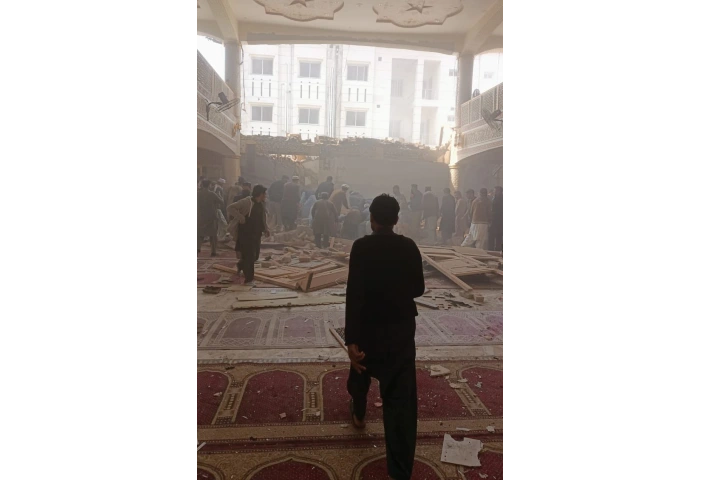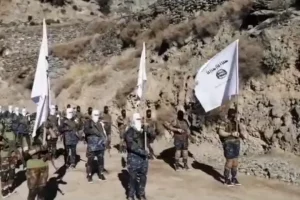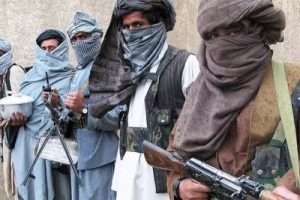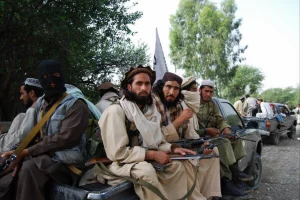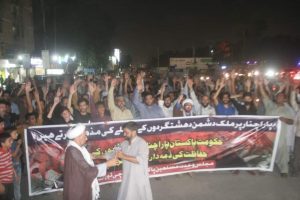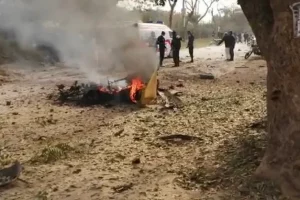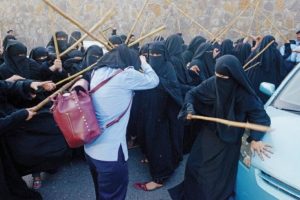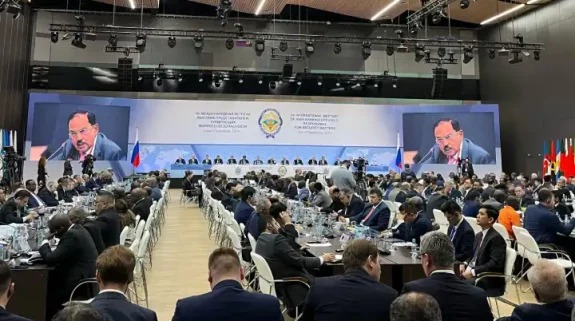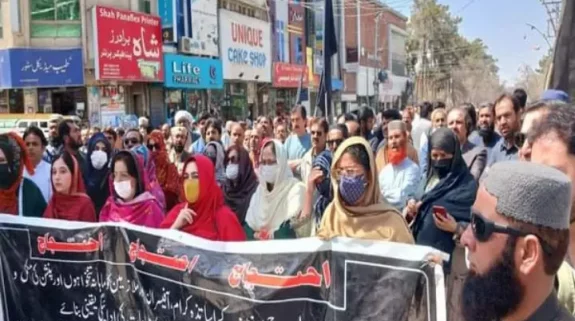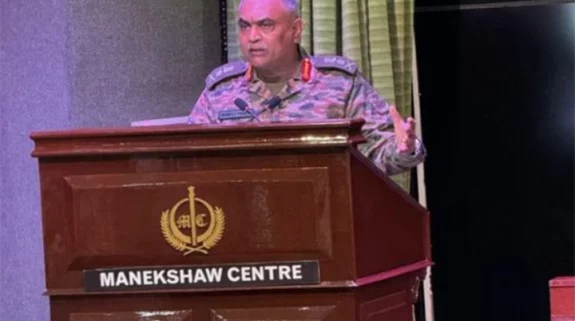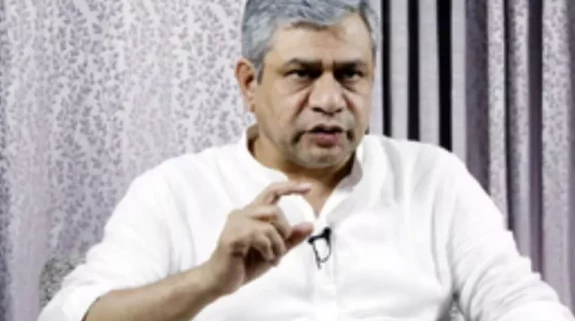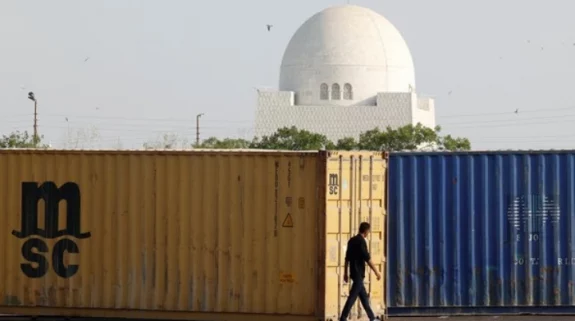After taking responsibility for the deadly mosque bombing in Peshawar soon after the blast that has already killed 100, the Tehreek-e-Taliban Pakistan (TTP) or Pakistan Taliban has backtracked from its earlier claim.
A formal statement by the TTP released on Tuesday says that it had no hand in the carnage committed in the well-guarded police lines of Peshawar, in which a large number of policemen perished.
The group further added that it considers such an action a crime.
The Tehrik-e-Taliban Pakistan (TTP) in a statement has denied its involvement in the suicide bombing at a mosque in Peshawar’s police line. The group further says that it considers such an action as a crime. pic.twitter.com/BkelHBlSvY
— The Khorasan Diary (@khorasandiary) January 30, 2023
But the TTP’s flip flop is evident as one of its leaders had earlier claimed responsibility for the strike.
A brother of the slain TTP commander Umar Khalid Khurasani had said that the strike was an act of revenge. Khurasani was killed in August last year in Afghanistan.
On Monday a suicide bomber blew himself up at a mosque at a police headquarters during afternoon prayers, causing the roof to collapse.
AFP is quoting Mohammad Asim, the spokesperson at Peshawar’s Lady Reading Hospital as saying that about 100 bodies have been brought into the facility and 53 people are undergoing treatment. Officials also said that the tally of the injured stood at 221.
An eyewitness account of the blast in the Police Lines mosque Peshawar: pic.twitter.com/9Sq2i9tedw
— The Khorasan Diary (@khorasandiary) January 30, 2023
Despite the TTP denials, the targeting of police personnel fits into a pattern of attacks pursued by the group. On December 18, the TTP seized control of the Counter-Terrorism Department’s (CTD) compound inside the cantonment area taking several security personnel hostages.
After negotiations failed, the Army’s Special Service Group (SSG) stormed the facility, killing 25 hostage takers, who had been instructed by the TTP chief Noor Wali Mehsud not to surrender.
Pakistan’s defence minister Khawaja Asif acknowledged before the National Assembly that 10-15 soldiers had been injured and two were killed after the SSG launched its operation.
TTP has launched another major attack in the Bannu district, which shares borders with two other important districts—North Waziristan and South Waziristan. Both North Waziristan and South Waziristan share a border with Afghanistan, where the TTP has established sanctuaries, under the overt or covert patronage of the Afghan Taliban.
Consequently, militants from North and South Waziristan funnel into Bannu district, which has become one of the hotbeds of TTP’s attacks.
Last month’s surge in TTP attacks followed an earlier spate of strikes which forced Pakistani police personnel to vacate Raghzai and Khan Kot police stations close to the Pak-Afghan border. The withdrawal provided the militants with an open space to roam around the area, the Pakistani daily Dawn reported.
The TTP has formally demanded that the Khyber Pakhtunkhwa province should be restored to its earlier status, where the control by the Pakistani administration was nominal.
But of late, the group has been showing signs of secession with the apparent intent of uniting Pashtuns, who live in Pakistan and Afghanistan divided by the British-era Durand line.
The Pakistan Taliban, following up on its relentless offensive against Islamabad, had announced a shadow government earlier this month, signalling that it aspires to form a full-fledged state.
The Khorasan Diary Twitter handle revealed that the TTP announced appointments for the ministries of Defence, Judiciary, Information, Political affairs, Economic Affairs, Education, and Intelligence along with the setting up of a fatwa issuing authority and a department for construction.
Afghanistan ruled the Afghan Taliban appears to provide strategic depth to TTP, in case it is hounded out by Pakistani forces. The Afghan Taliban has refused to hand over some of the kingpins of the TTP operating on Afghan soil to the Pakistani authorities, straining ties between Kabul and Islamabad.
Also Read: TTP announces shadow government as fighting with Pakistan intensifies






